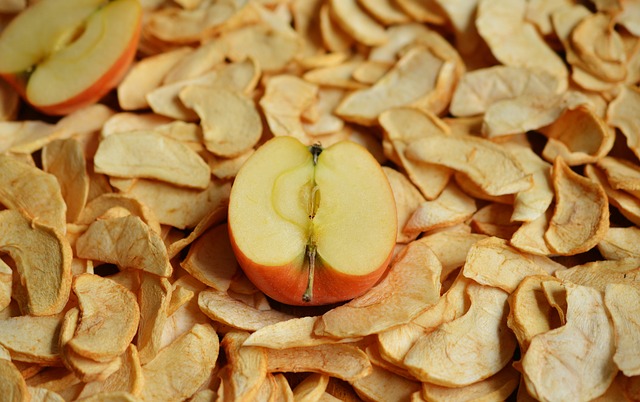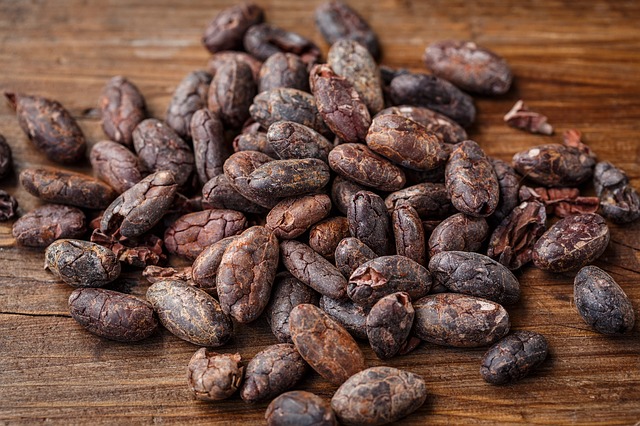The European Union has amended the tariff regulation affecting imported aluminum sheets from China. Now, retroactively since February, in order for the importing country to impose high tariffs, it will have to demonstrate a distortion between the selling price and the production cost. The change in the protection measure for European producers is due to the difficulties in monitoring intermediation in sales channels.The system eliminates the concept of a market economy when calculating dumping. With this regulation revision, the presumption that aluminum sheets imported from China are unfavorable for the European Union is discontinued. Thanks to this new approach, anti-dumping measures will be replaced by a procedure that involves analyzing each particular case to determine if imports are made under unfair conditions.
A new way to apply anti-dumping measures
Aluminum sheets imported from China will no longer be systematically taxed due to the revision of the anti-dumping tariff calculation method.The European Union now has a new tool for calculating anti-dumping tariffs. At the same time, it rewards China by removing it from the list of non-market economy countries. With this new method, the aim is to reconcile the demands of the European industry against imported aluminum sheets from China with the obligations imposed by the World Trade Organization (WTO) on the European Union.The change in the community regulation introduces a variability factor in the final price for Spanish aluminum importers. Tariffs will depend on the buyer’s ability to demonstrate a direct relationship between production price at the source and selling price, net of intermediation costs.To avoid surprises, it is advisable for the importer to possess documentation demonstrating the traceability of the imported aluminum sheets from China or, through an agency with representation in the Asian country, such as Bull Importer, to acquire aluminum directly from the producer, avoiding all commercial channel transactions that increase the final product’s cost.It is advisable for the importer to possess documentation demonstrating the product’s traceability. Working with an agency like Bull Importer avoids intermediaries that increase the final product’s cost.In 2001, China faced the challenge of opening up to the global market by applying for WTO membership. After a “trial period” of 15 years, which ended in 2016 and involved the imposition of strict anti-dumping measures, China began its struggle for the elimination of these tariffs and its full integration into the WTO.At this point, the European Union has decided to modify its regulation to adapt to the new situation. From now on, regardless of customs controls, it will be up to EU companies to file appropriate complaints when they believe that imports of Chinese aluminum are made under unfair conditions. The key is that Europe no longer presumes that China exports at prices below the cost of production due to unethical practices.
Aluminum sheets affected by the new measures
The anti-dumping measures that were previously applied to imports of certain aluminum sheets imported from China are extended to imports of Chinese aluminum with the following TARIC codes:
- TARIC 7607 11 19 30. Sheets with a thickness equal to or greater than 0.007 mm but less than 0.008 mm, regardless of the coil width and whether they are annealed or not.
- TARIC 7607 11 19 40. Aluminum sheets with a thickness equal to or greater than 0.008 mm but less than 0.018 mm, in coils with a width greater than 650 mm, whether annealed or not.
- TARIC 7607 11 19 50. Aluminum sheets with a thickness greater than 0.018 mm but less than 0.021 mm, regardless of the coil width and whether they are annealed or not.
- TARIC 7607 11 90 45 and TARIC 7607 11 90 80. Aluminum sheets with a thickness equal to or greater than 0.021 mm but less than 0.045 mm, provided they consist of at least two layers, regardless of the coil width, whether annealed or not.




